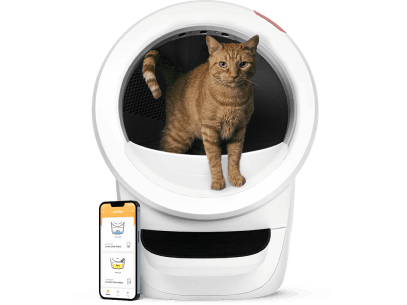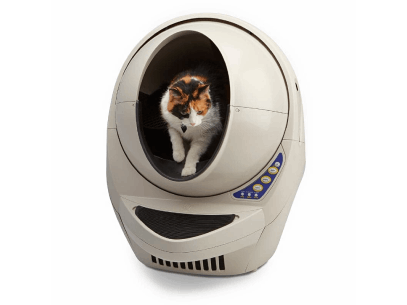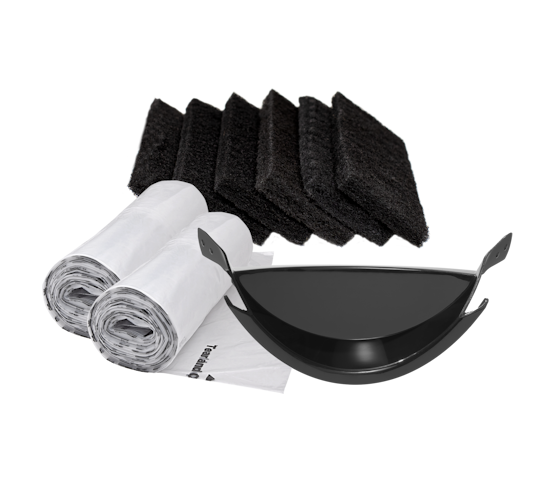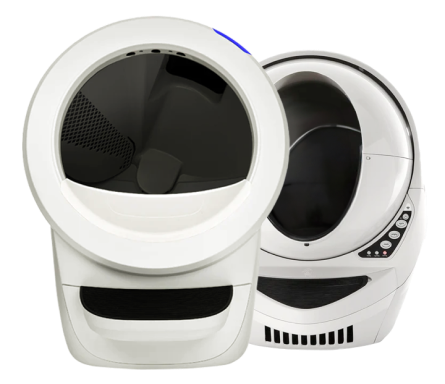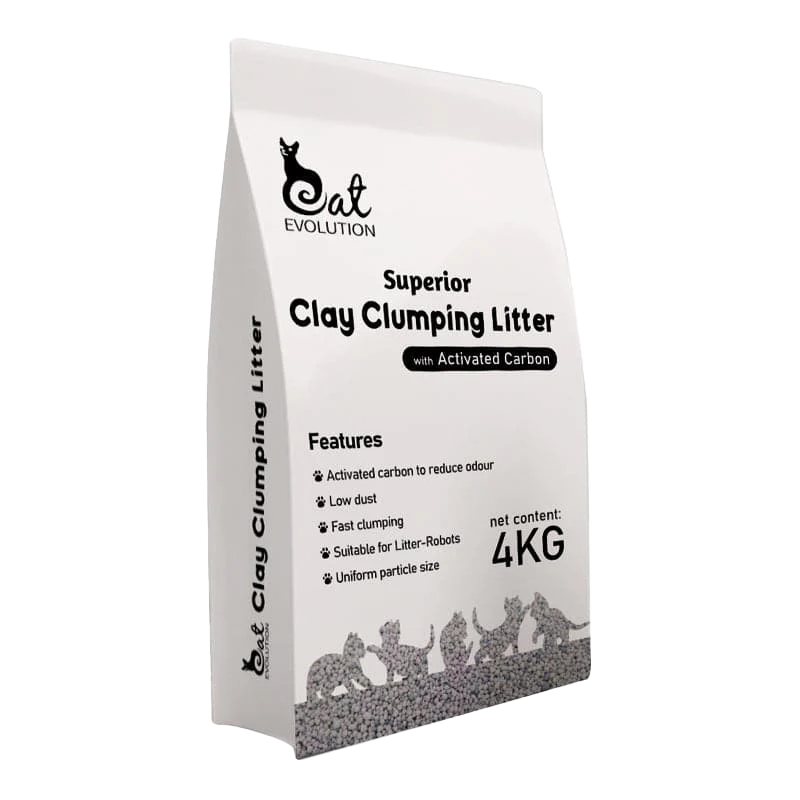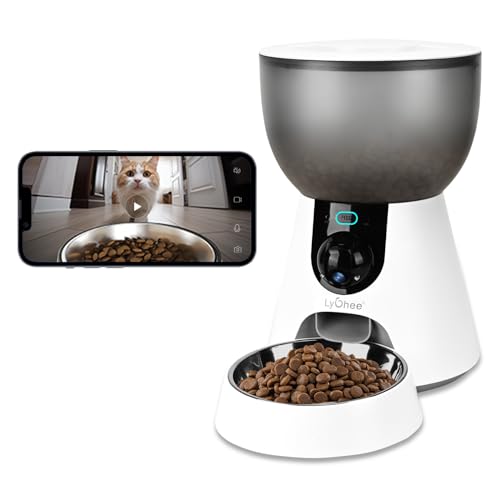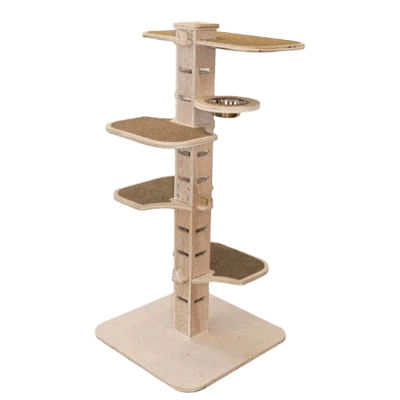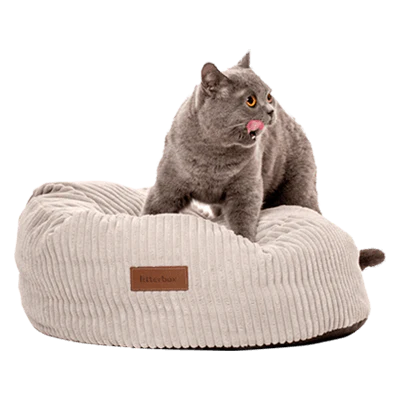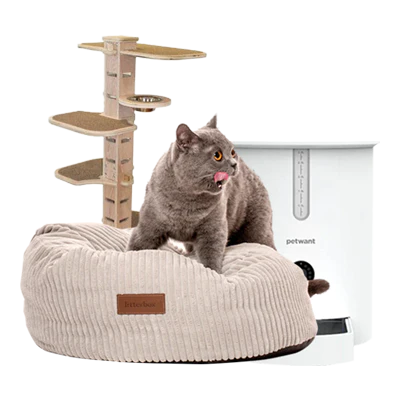Maine Coons are impressive in size, but not necessarily more demanding in maintenance needs. Despite being one of the largest domestic breeds of cats, it does not take much effort to keep a Maine Coon happy and you will find these impressive felines are relatively easy to care for.
These large and fluffy felines are quite suited for families with young children. Maine Coons aren’t shy, even though they also aren’t curious or overly hyperactive. Their playful and amiable nature makes them a suitable choice for a family pet. Moreover, their intelligence guarantees entertaining training sessions and playtime for the kids. On top of that, these kitties remain enviably tolerant even in the presence of youngsters.
Generally, Maine Coons need the same level of care as all cats. A little extra grooming might be required, a larger cat carrier and bigger litter box are important considerations, and perhaps a little more (good quality) food. Overall, they are fabulous cats to live with, especially if you like big and beautiful.
YES, Maine Coons can be BIG
Being large cats, Maine Coons do need upsizing in some of the usual items needed for good cat care.
A large size litter box is very important, with high sides. If enclosed, it needs to be even larger to let their long fluffy tails stay clear. If you are looking for an awesome option, the Automatic Litter-Robot III Open Air is supersized for Maine Coons and provides a throne-like with no other.
An extra roomy carrier is needed, ideally with room stand up, and turn around, for safe trips to the vets. Do consider the weight with a full-grown Cat weighing on average begin 4-8kg (males outweigh females).
Good quality food is necessary for good health, regardless of the cat breed. Cats need a diet high in protein. Although a Maine Coon is larger, it does not need much more than a medium-size cat, so do watch the calories and don’t necessarily provide an ever-full food dish. An automatic feeder for dry food can be a good way to keep the basic nutrition provided in a timely portioned manner, with wet food provided as an interactive experience.
Annual health checks, vaccinations and boosters as recommended by the breeder and/or Veterinarian will help keep your Maine Coon healthy and low maintenance. Pet insurance may be worth considering as an investment in your cat's cares.
Regular grooming your long-haired beauty is needed. Good training when young makes this an easy and pleasurable task to cond with your kitten and cat, and if done regularly, it is no more maintenance for a Maine Coon than for any longer haired cat.
Playtime, especially for indoor cats. Ample toys, Contempo cat towers and platforms for climbing and leaping, and your time to play for at least 15 minutes a day, is invaluable in keeping your cat low maintenance and happy. It reinforces your bond and joy with your cat and also helps expend the energy that all cats have. A Maine Coon loves to play and is always a kitten at heart, so this is a delightful aspect of the breed, and essential for all cats.
Maine Coon Health issues
Like most pure cat breeds, Maine Coons are prone to suffering from several health problems specific to the breed, and often these are genetically inherited.
Hip dysplasia is common and may lead to lameness. Another inherited health problem is a type of heart disease, known as hypertrophic cardiomyopathy. Polycystic kidney disease, renal failure, and spinal muscular atrophy are also common for these felines.
Thanks to the constantly progressing present-day medicine you can easily get a DNA test for your cat to determine if it’s carrying the genes responsible for such inherited health problems. Purchasing your kitten or cat from a reputable and registered breeder will also help you avoid these issues.
A fun fact! Most cat breeds reach maturity around the age of 8-12 months. However, that’s not the case with Mine Coon cats. Not only do they grow bigger than other domestic kitties, but they also grow slower. Regardless of its gender, it will keep growing for years. Some Maine Coons reach their maximum growth around the age of 3. Others will keep growing even beyond that.
By the time your cat is 5 years old, it should have reached its potential in terms of growth. However, that doesn’t mean that he/ she will have outgrown its playful, kitten-like nature. Even the heaviest Maine Coons can act like young kittens!
